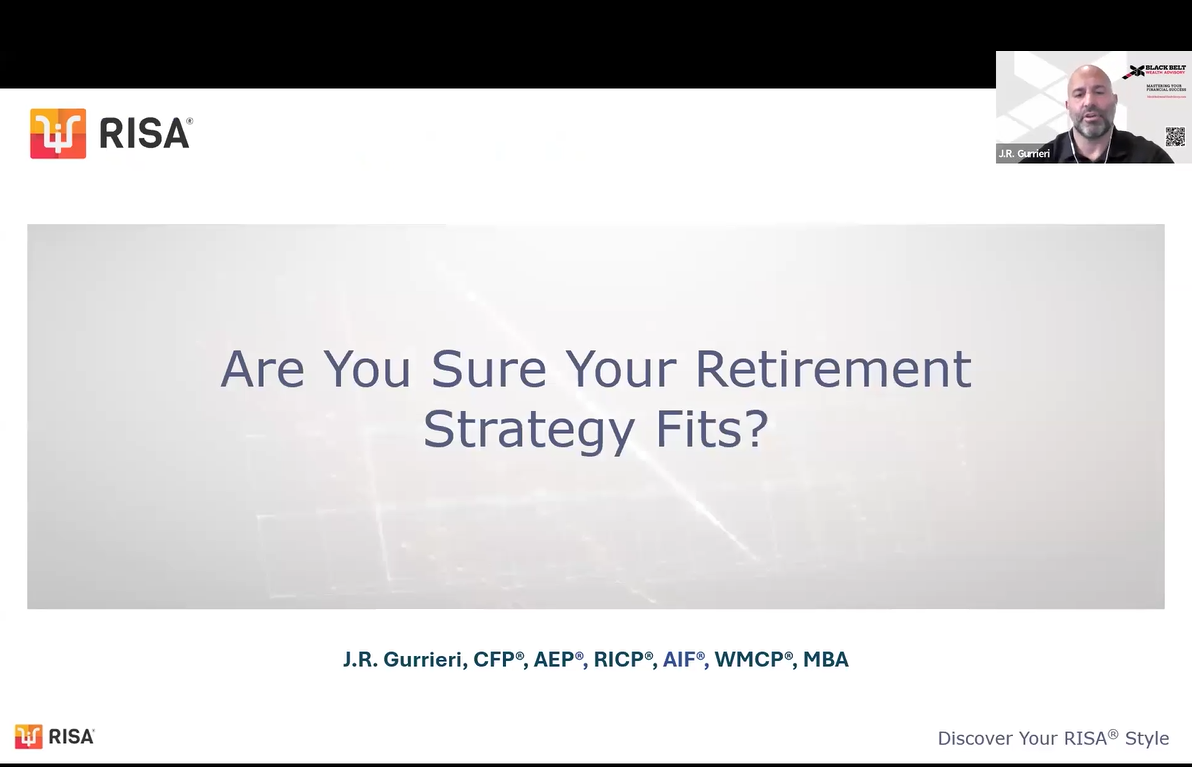November 25, 2025
The FIRE movement, Financial Independence, Retire Early, has become a modern-day dream for those seeking freedom from the 9-to-5 grind. But like earning a black belt, reaching FIRE isn’t about shortcuts or luck. It’s about discipline, focus, and intentional action. Let’s break down the truth behind FIRE, and how anyone, not just high earners, can master the mindset. The Biggest Myth About FIRE Many people think FIRE means extreme sacrifice — living on ramen, never traveling, or saying no to fun. But that’s a myth. FIRE isn’t about restriction; it’s about freedom. It’s about designing a life where money supports your purpose, not the other way around. The goal isn’t to stop spending… it’s to spend intentionally on what truly matters. Like a martial artist refining each move, financial mastery is about precision, not punishment. Is FIRE Only for High Earners? No. FIRE is for anyone wanting to be strategic and consistent. The key isn’t your income; it’s how well you can save! Whether you earn $50K or $150K, the principle is the same: live below your means, increase your income when possible, and invest early and often. Even black belts start as white belts. What matters is consistency and the will to keep improving. The Most Common Mistake on the FIRE Journey. Too many people focus only on saving and forget about investing. Saving builds stability; investing builds freedom. Inflation eats away at cash, but investments, especially in low-cost index funds or income-producing assets, make your money work for you. How Much Should You Save and Invest? If your goal is early retirement, the general target is to save at least 50% of your income. But don’t let that number intimidate you. Start where you are — 10%, 20%, even 5%. The goal is momentum, not perfection. With each raise or bonus, increase your savings rate. Every dollar invested is a step toward independence. Progress is a habit, one you train like muscle memory. Do You Have to Stop Working? Not necessarily. FIRE isn’t about never working again — it’s about choosing how you work. Financial independence gives you options: to consult, volunteer, build a business, or take a sabbatical without fear. The goal isn’t to escape work; it’s to escape dependence. True freedom is the ability to say no because you’ve earned the power to choose yes on your own terms. One Lifestyle Change That Speeds Up FIRE. Simplify. Intentional living is the most powerful accelerator on your FIRE path. When you cut the clutter, physical and financial, you free up resources to invest. Minimalism isn’t about having less; it’s about making room for more of what matters. Discipline and simplicity are two sides of the same coin. Living for Today vs. Saving for Tomorrow The balance between enjoying life now and saving for the future is at the heart of FIRE. The key is to budget joy — plan for experiences, not just expenses. You don’t have to live like a monk to reach financial independence. When your money aligns with your values, you can enjoy today while building tomorrow. It’s not deprivation — it’s design. The Hidden Risks of Retiring Early Retiring early sounds incredible but it’s not without risks. Many who achieve FIRE struggle with purpose and identity once they step away from traditional work. It’s important not to ONLY have a plan for your finances, but for your fulfillment. Financial freedom without direction can feel empty… like mastering technique without knowing why you fight. Where You Live Drastically Impacts Your FIRE. By earning in a high-cost area and living or working remotely in a lower-cost one, you accelerate your timeline to independence. Being mindful about your cost of living ( your rent/mortgage, your car, daily expenses, etc.) is a form of financial self-defense. Control your environment, and you control your outcome. Is FIRE Still Possible If You Start in Your 40s? Absolutely. It’s never too late to take control. Starting in your 40s may change your timeline, but it doesn’t erase the goal. With focused investing, lifestyle adjustments, and maybe a side income stream, you can still achieve independence even if it’s at 55 instead of 45. Remember: the best time to start was yesterday; the second-best time is now. Every disciplined action compounds. The Black Belt Approach to FIRE FIRE isn’t just about money, it’s about mastery. Discipline. Awareness. Intentionality. You train your mind and your habits the same way a martial artist trains their body… through repetition, humility, and patience. Financial independence isn’t a finish line. It takes practice. Let’s start this journey together with purpose, clarity, and confidence. Because when you master your money, you master your freedom.


















